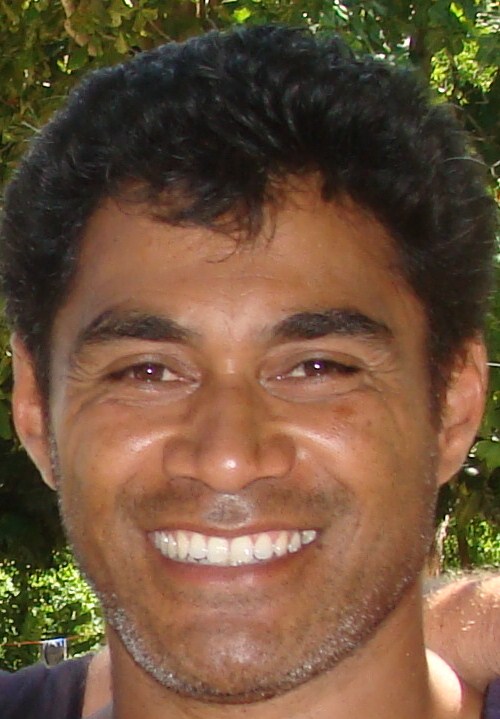Epistemology is about the relationship between someone who seeks to know and what can be known. It is about how we come to have knowledge. According to Wilson (2008, p. 33) the epistemology question is, “How do I know what is real?”
Very little published research exists on Samoan ways of knowing, which draws attention to the need to encourage more Samoan scholars to explore Samoan epistemology. Nevertheless, the research that does exist in Samoan epistemology highlights three principles that appear to be consistent across other Pacific cultures:
- Samoans are strongly connected to their community or collective;
- Samoans are strongly connected to their spiritual, mental, physical and emotional worlds, values and beliefs; and
- Knowledge is collectively owned.
These principles should form the basis of research involving Samoan peoples. For example, to understand Samoan perspectives about health and wellbeing, researchers must understand the Samoan concept of self. A Samoan concept of self only has meaning in a collective context because there is no such thing as a Samoan who is independent (Tamasese, Teteru, Waldegrave, & Bush, 2005). A Samoan is a total being connected to his or her place of existence with this including all things spiritual and physical, mental and emotional (Cardinal, 2001; Steinhauser, 2002; Tavana, 2002; Tamasese, Teteru, Waldegrave, & Bush, 2005). Furthermore, Pacific ways of knowing, particularly Samoan, are built on the premise that knowledge is not owned or discovered by any one person because research is a collective process (Anae, Coxon, Mara, Wendt-Samu & Finau, 2004; Wilson, 2001).
Effective research approaches related to Samoan people should incorporate the core values that define their world views and guide every aspect of their lives, such as their respect for the elders and matai system, communal collab (Anae, Coxon, Wendt-Samu, & Finau, 2001) oration and deep caring for one another, and the Samoan view of a person as an individual who is strongly connected to his or her community (Tavana, 2002). Tavana believes that research practices that include Samoan ways of knowing could increase Western researchers understanding of particular processes involved in constructing knowledge that are commonly misunderstood or difficult to describe in Samoan culture. As Tavana (2002, p.20) points out, “many of the core contributions that Samoan culture has to offer to the world are in the form of tacit knowledge.” Tacit Indigenous knowledge refers to knowledge that cannot be easily described to outsiders, “such as the deep respect Samoans have for the elderly or the process of achieving consensus within a village fono [meeting]” (Tavana, 2002, p.20). The evidence clearly suggests that an effective research approach involving Samoan peoples must reflect their core values and should incorporate traditional knowledge about Samoan ways of knowing.
By Clark Tuagalu

Bibliography
Anae, M., Coxon, M., Wendt-Samu, T., & Finau, C. (2001). Pasifika education research guidelines final report. Wellington: Ministry of Education.
Cardinal, L. (2001). What is an indigenous perspective? Canadian Journal of Native Education , 25 (1), 180-182.
Steinhauser, E. (2002). Thoughts on an indigenous research methodology. Canadian Journal of Native Education , 26 (2), 69-81.
Tamasese, K., Teteru, C., Waldegrave, C., & Bush, A. (2005). Ole taeao afua, the new morning: A qualitative investigation into Samoan perspectives on mental health and culturally appropriate services. Australian and New Zealand Journal of Psychiatry , 39, 300-309.
Tavana, N. (2002). Traditional knowledge is the key to sustainable development in Samoa: Examples of ecological, botanical and taxonomical knowledge. Proceedings of the 2001 National Environmental Forum. 3, pp. 19-261. Apia: Ministry of Natural Resources and Environment.
Wilson, S. (2008). Research is ceremony. Indigenous research methods. Black Point, Nova Scotia, Canada: Fernwood Publishing.
